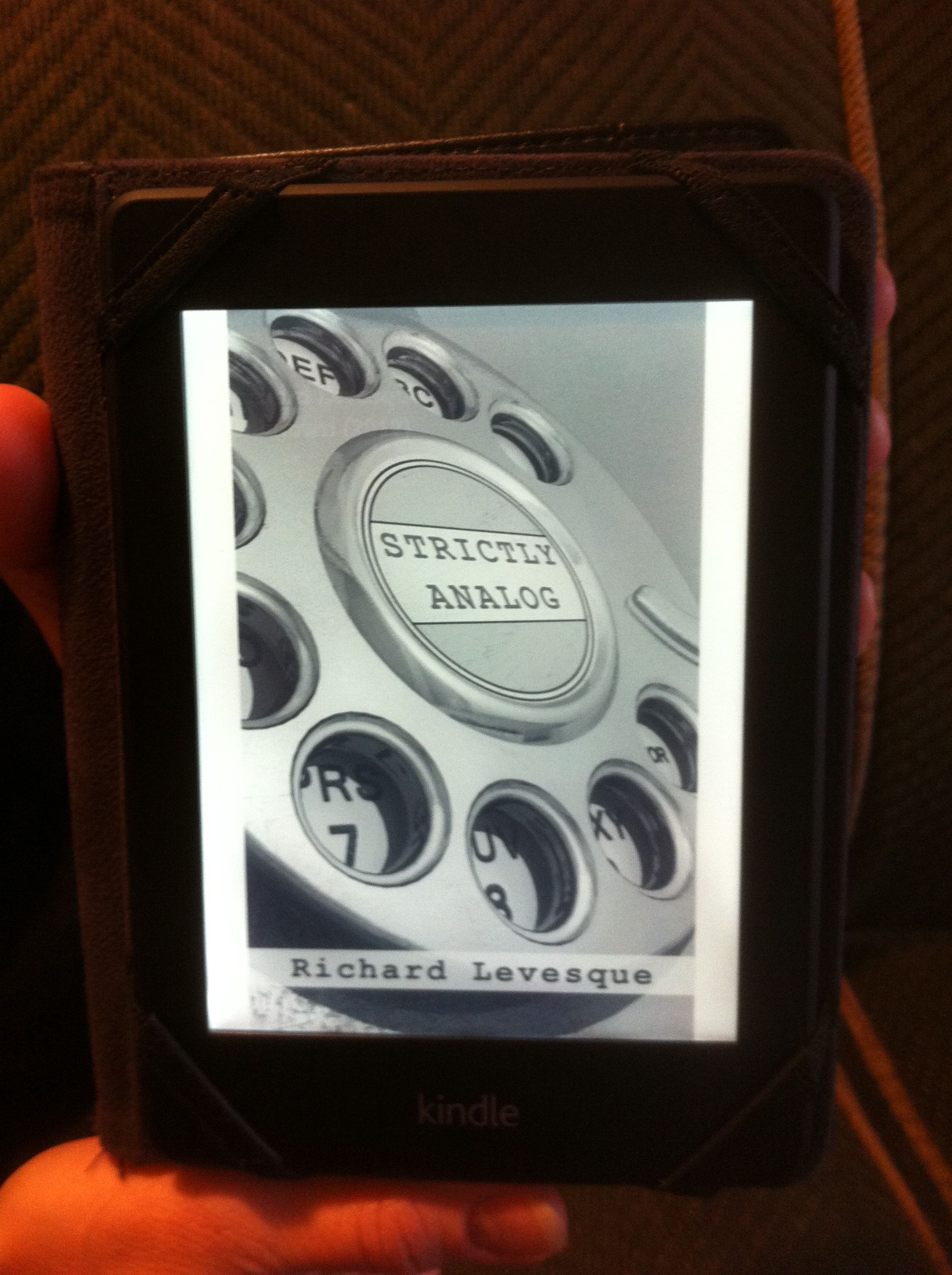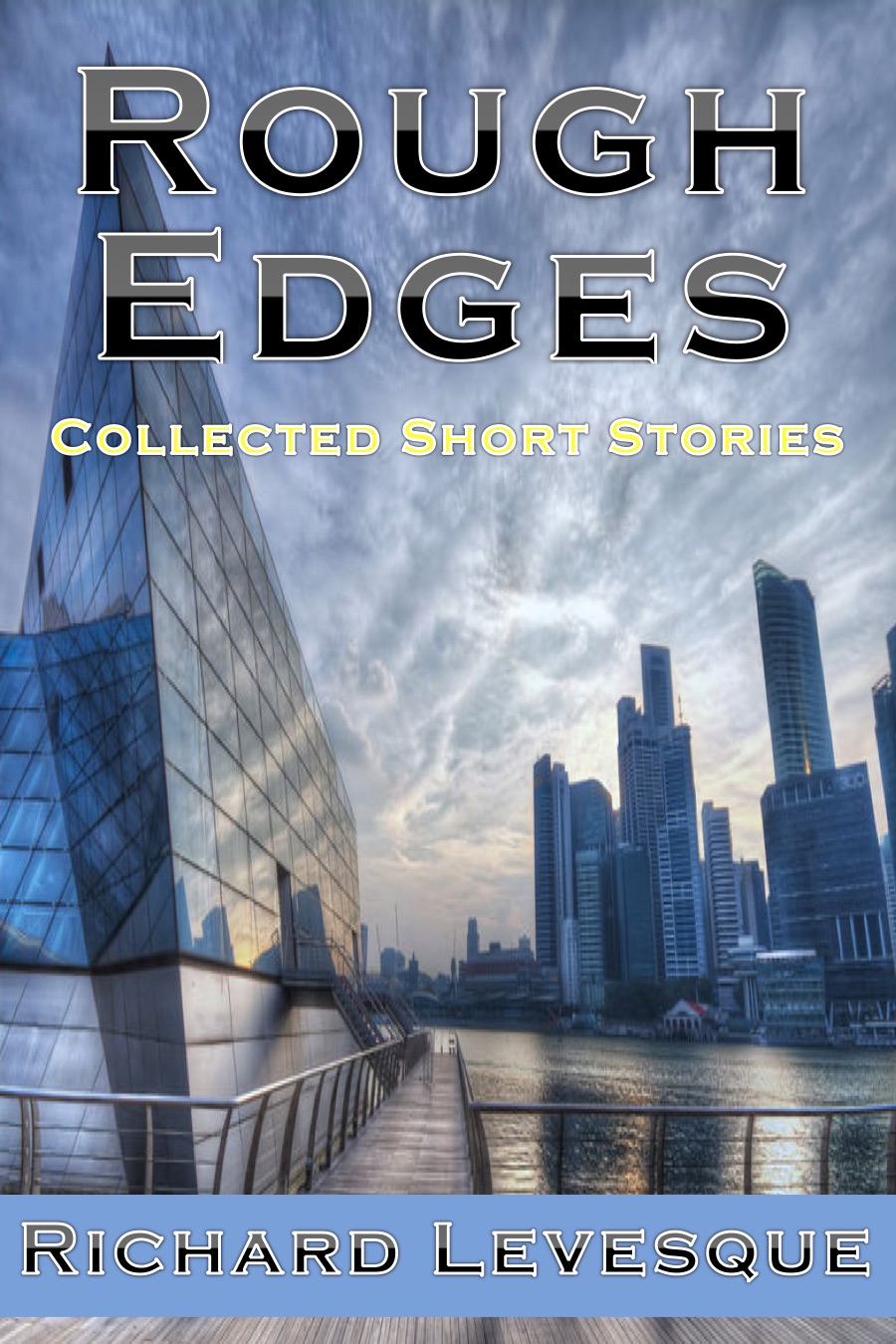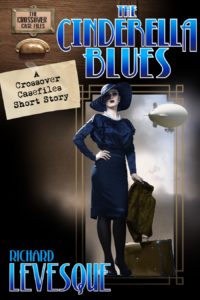The Indie Revolution–Who Benefits?
Here’s something that seems to be an accepted truth about and among indie writers: The e-book and indie publishing movements are good for writers, providing countless authors the opportunity to get their material “out there” when it would have been rejected out of hand by traditional publishers and agents.
Two underlying arguments:
1. The publishing industry bases its decision to accept or reject an author based on that author’s potential to make money for the publisher and/or agent. If a writer doesn’t have a great track record or something else that identifies him or her as the potential Next Big Thing, he or she isn’t likely to make it past the gatekeepers.
2. A lot of those rejected writers are REALLY GOOD, and a lot of great books that would never have gotten a chance are now able to have just that–a chance. In this new model, it’s readers rather than publishers and agents who decide what’s good.
These ideas make good sense, but there’s something else to consider: what if the indie author’s book isn’t any good but is now (self) published anyway?
Simple, you may say: the readers still decide. They have the power to accept or reject based on what they like. The decision of which writer gets to be successful stems from readers’ real reactions to books rather than from publishers and agents speculating over what might be successful.
I ran across a blog post recently by an indie writer who acknowledged that he’s not a very good writer and yet he’s not going to let that stop him. He used a sports analogy to explain: an amateur playing a sport knows he or she is not as good as the best professional, but that doesn’t stop the amateur from playing and enjoying the sport. By the same token, this writer argues, if a writer knows he or she isn’t as good as John Steinbeck, awareness of one’s authorial short-comings shouldn’t stop such a writer from writing.
I think this is right, but only to a degree. There have always been people who fancy themselves writers and put words on paper and trot out their manuscripts for friends and family. Those people are having fun at writing, and just about everyone who gets good at writing started out that way.
But people who write well tend to know the difference between their good writing and their amateur work, the difference between what should have a price tag put on it and what should be left for no one to see because it served no other purpose than to help that writer build his or her skills. Being rejected by editors, agents, and publishers actually helps make writers better, forcing them to hone their skills until they’re really ready to be published.
A problem with indie authorship and e-book platforms, then, is that anyone who fancies himself or herself a writer can put a price tag on that amateurish work and try to lure readers in. You never need to write a query to pitch your idea to an agent. You never have to question why your work was rejected when someone else’s was accepted.
Do some books get (self) published when maybe they shouldn’t? Yes. But then again, there have always been books on the shelves that shouldn’t have made it that far.
Do readers still decide? Yes.
And I suppose that’s the bottom line.
We may worry that if so many writers self-publish, the good books will be lost among the bad just as they were when it was agents’ slush piles that writers were trying to fight their way through. Or we may worry that there will be so many mediocre books on Amazon and Lulu and Smashwords that readers won’t be able to find the good stuff, or that all those Kindle owners will get burned by too many amateurish authors and will become unwilling to risk their money on unknowns without reputable publishers.
But something tells me that’s not where we’re headed. People who read, people who love books are ultimately served better by the e-book revolution than all of us indie authors are. We may be sighing with relief because we’re no longer locked out of the system. The readers, though, are the ones who get the real benefit; they get choices, real and varied. Some of them might even prefer the amateurish over the polished. Wouldn’t that be something?
Amazon books ebooks indie publishing John Steinbeck Kindle Lulu Smashwords writers Writing









2 Responses
Self publishing in music has a similar glut effect except that you can accept or reject someones track after just a few bars of sample, and if it passes by on an internet radio station it will usually be over in a few minutes, where a book often takes a bit longer to assess. At 47 years old I am finally getting my music together in a way that I feel I can publish it and share finished works with the world. If I went to a record company they would certainly just laugh at this unmarketable old man with his weird music where I’d imagine ageism typically isn’t a problem with marketing writers. If even one or two of my songs gets out there into the world, and doesn’t end up on a hard drive in a landfill with my body and the rest of my life’s creative output, I will be happy to see it while I still have some life in me.
The argument vis a vis the amateur athlete doesn’t really hold up. Sure I can play a pick up game of baseball, (okay, I actually can’t but for argument’s sake. . . ) but I don’t expect anyone to pay me to play the sport. 🙂
Someone wants to put mediocre material out there? Plenty of places to post it for free to get it read. Just don’t fool yourself into thinking it’s of publishable quality. Am I being harsh? Maybe, but I’m a reader before I’m a writer and I’m tired of being the slush reader for my own personal library.
Comments are closed.